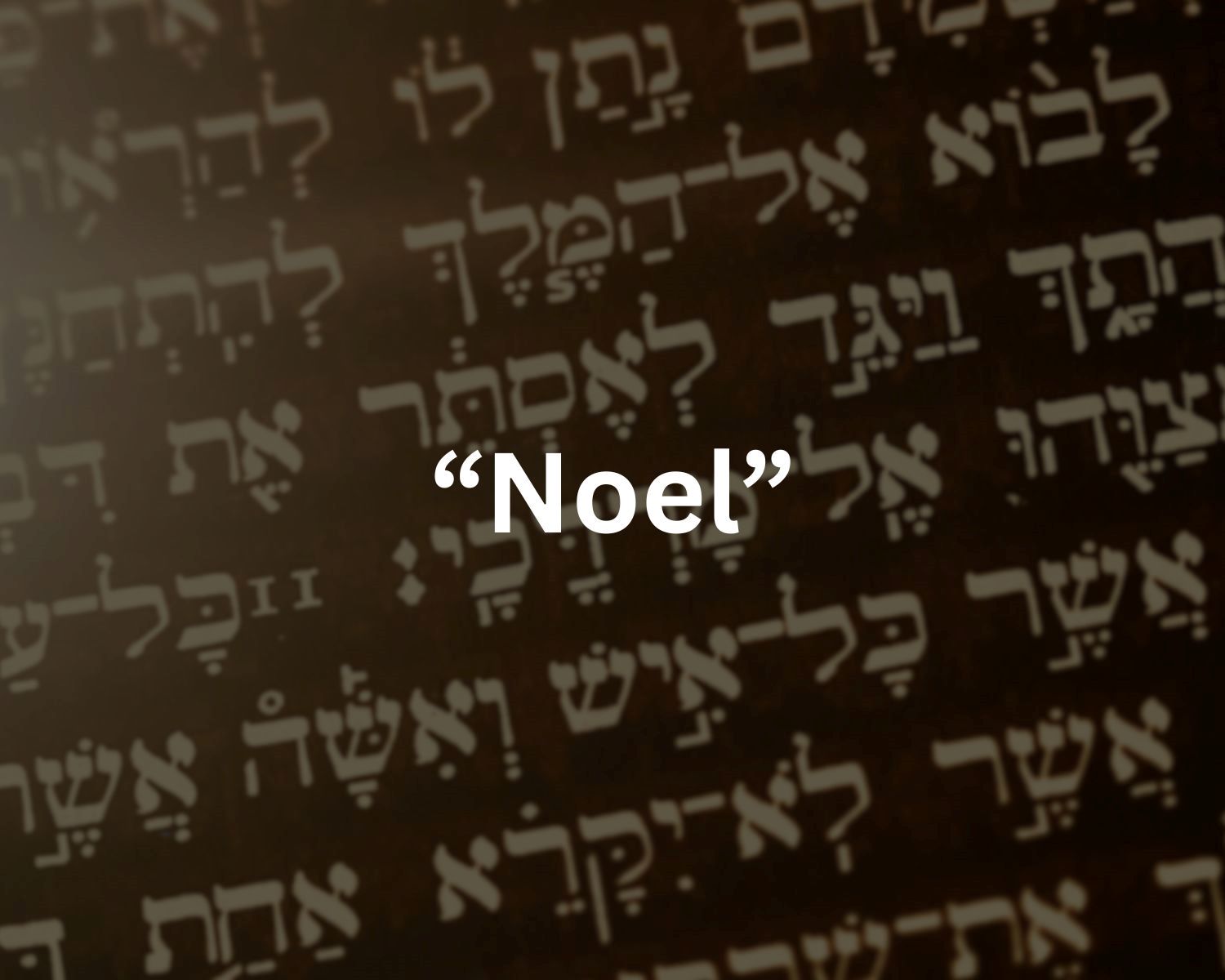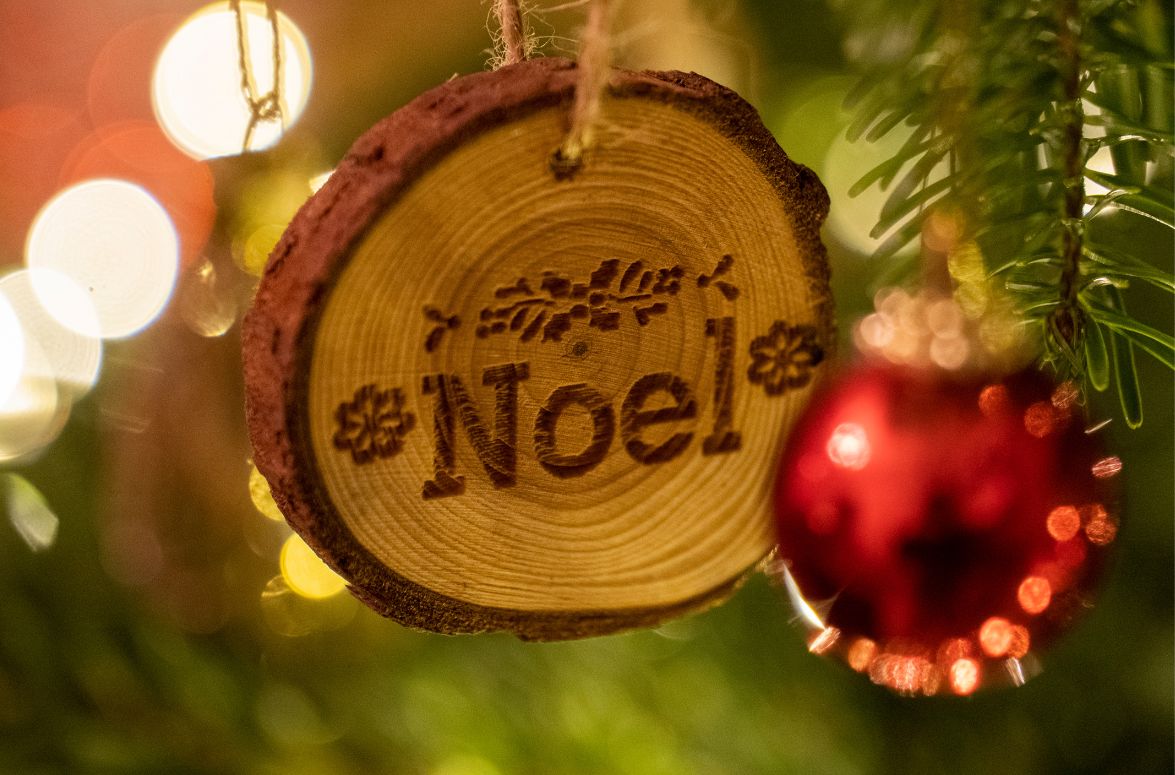The Significance of Christmas in Hebrew: Exploring the Intersection of Cultures and Traditions
Related Articles: The Significance of Christmas in Hebrew: Exploring the Intersection of Cultures and Traditions
Introduction
With great pleasure, we will explore the intriguing topic related to The Significance of Christmas in Hebrew: Exploring the Intersection of Cultures and Traditions. Let’s weave interesting information and offer fresh perspectives to the readers.
Table of Content
The Significance of Christmas in Hebrew: Exploring the Intersection of Cultures and Traditions

The celebration of Christmas, while deeply rooted in Christian tradition, has resonated across cultures and languages, including Hebrew. Understanding the meaning of Christmas in Hebrew involves exploring the cultural nuances and historical context that shape its significance within the Jewish community.
A Historical Perspective:
The term "Christmas" itself does not have a direct translation in Hebrew. The Hebrew language, primarily used in Jewish religious and cultural contexts, has no specific word for the Christian holiday. However, the concept of Christmas, as the celebration of the birth of Jesus Christ, is understood within Hebrew culture, albeit with a distinct interpretation.
The Jewish Perspective on Christmas:
For Jewish individuals and communities, Christmas holds a complex significance. While not a religious holiday for them, it is recognized as a significant cultural event, often celebrated by individuals and families with Christian connections. This recognition stems from the historical and cultural ties between Jewish and Christian communities, particularly in regions where they have co-existed for centuries.
Understanding the Terminology:
While "Christmas" lacks a direct Hebrew translation, various terms are used to refer to the holiday. Some common expressions include:
- "חג המולד" (Chag HaMולד): This phrase, literally meaning "Festival of the Birth," is the most common Hebrew term used to refer to Christmas. It acknowledges the holiday’s focus on the birth of Jesus.
- "יום המולד הנוצרי" (Yom HaMולד HaNotzri): This phrase translates to "The Christian Birth Day," emphasizing the holiday’s Christian origin.
- "היום בו נולד ישוע" (HaYom Be’o Nולד Yeshua): This phrase, meaning "The Day Jesus Was Born," explicitly refers to the central figure of the Christian faith.
The Cultural Significance of Christmas in Hebrew:
Christmas has a distinct cultural presence in Hebrew-speaking communities. The holiday is often associated with:
- The exchange of gifts: This tradition, central to Christmas celebrations, is often observed by Jewish individuals and families, particularly those with Christian connections.
- The celebration of family and togetherness: The focus on family and shared meals during Christmas resonates with Jewish traditions that value communal gatherings and shared meals during holidays.
- The presence of Christmas symbols: Decorations like Christmas trees, Santa Claus, and festive lights are commonly seen in Hebrew-speaking communities, reflecting the holiday’s cultural influence.
The Importance of Cultural Understanding:
The presence of Christmas in Hebrew culture highlights the importance of understanding and respecting diverse traditions. It underscores the interconnectedness of cultures and the ways in which holidays transcend religious boundaries, shaping shared experiences and cultural expressions.
FAQs on Christmas in Hebrew:
1. Is Christmas a religious holiday for Jews?
No, Christmas is not a religious holiday for Jews. It is a Christian celebration marking the birth of Jesus Christ.
2. How is Christmas celebrated in Hebrew-speaking communities?
Christmas is often celebrated in Hebrew-speaking communities with a focus on cultural aspects like gift exchange, family gatherings, and the presence of Christmas symbols.
3. What is the Hebrew word for Christmas?
There is no direct translation for "Christmas" in Hebrew. Common terms include "Chag HaMולד," "Yom HaMולד HaNotzri," and "HaYom Be’o Nולד Yeshua."
4. What is the significance of Christmas for Jewish individuals?
Christmas holds a complex significance for Jewish individuals, often representing a cultural event with historical and familial connections.
5. Is there a Jewish equivalent to Christmas?
While there is no direct equivalent, Jewish holidays like Hanukkah and Chanukah share themes of light and celebration, offering similar cultural expressions.
Tips for Understanding Christmas in Hebrew:
- Engage with the cultural context: Explore the historical and cultural ties between Jewish and Christian communities.
- Learn about the Hebrew terms used to refer to Christmas: Familiarize yourself with terms like "Chag HaMולד" and "Yom HaMולד HaNotzri."
- Understand the cultural significance: Recognize the ways in which Christmas is celebrated in Hebrew-speaking communities.
- Respect diverse traditions: Acknowledge the distinct meanings and interpretations of Christmas across different cultures.
Conclusion:
The presence of Christmas in Hebrew culture highlights the intricate tapestry of cultural exchange and understanding. While not a religious holiday for Jews, Christmas holds a unique significance, reflecting historical connections, cultural influences, and the shared experience of celebrating festive occasions. By understanding the nuances of Christmas in Hebrew, we gain a deeper appreciation for the richness and complexity of cultural interactions, fostering greater empathy and respect for diverse traditions.








Closure
Thus, we hope this article has provided valuable insights into The Significance of Christmas in Hebrew: Exploring the Intersection of Cultures and Traditions. We thank you for taking the time to read this article. See you in our next article!